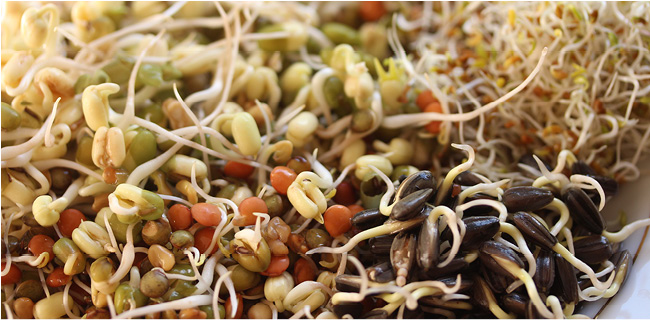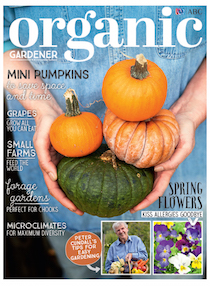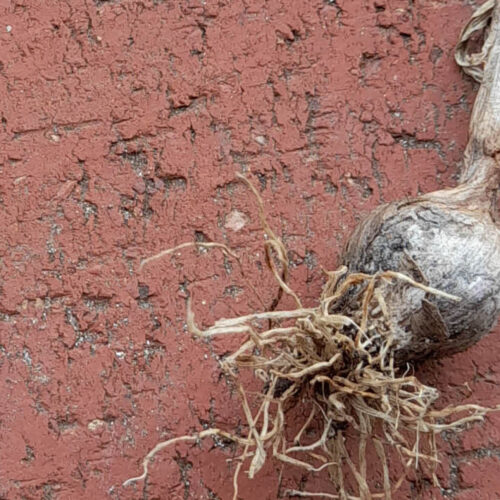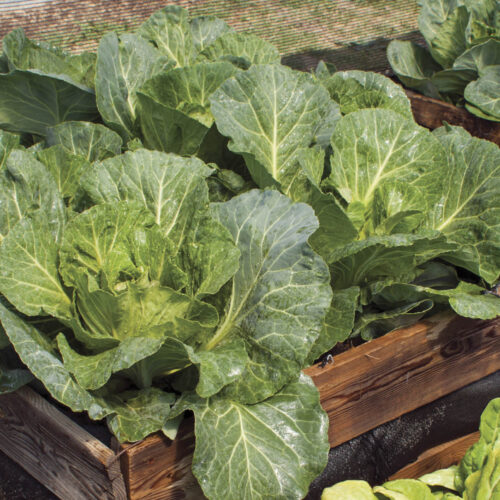Sprout your own seeds
2017-08-02T14:00:01+10:00
Sprouts are the powerhouse of super foods. They’re also easy to grow. We show you how.
Organic sprouting seed is available from seed suppliers or health food shops. Try sprouting alfalfa, broccoli, chickpea, fenugreek, kale, lentil, mung beans, mustards, quinoa and sunflower. You can grow sprouts in a large glass jar, colander, hemp sprout bags, sprouting jar or dome sprouters. Seeds need water and natural light but not direct sunlight. This is the jar method:
1. Add 1 tablespoon of seed to jar leaving ample space (the sprouted seed will expand to often fill the jar – depending on seed variety).
2. Rinse seed well by covering with water, swilling around, and then pouring off the excess. Repeat two or three times. Then fill the jar with water, add a single drop of seaweed extract, and leave to stand. Mostly this pre soak should last for about 8 hours, but for some, such as quinoa, a 30-minute soak is enough. Check soak times on the packet. Soaking the seed in this way, starts the ‘heartbeat’ of the plant and life begins. The sprouting stage is the most nutritious stage of a plant.
3. Secure your jar opening tightly with muslin cloth and a rubber band and pour off the pre-soak water.
4. Rinse seeds thoroughly with fresh water, pour it off and place jars on an angle, pointing downwards, for air to circulate.
5. Repeat step 4, rinsing with fresh water 2–3 times a day.
6. When sprouts are the desired length, generally 1–3cm, give a final rinse and drain. Tip onto a plate and remove unsprouted seed and hulls.
7. Store in a container in the fridge. They should keep for up to a week, but if sprouts are mouldy or smell, do not eat them. Compost instead.
For more, get the latest issue of ABC Organic Gardener magazine OUT NOW!







